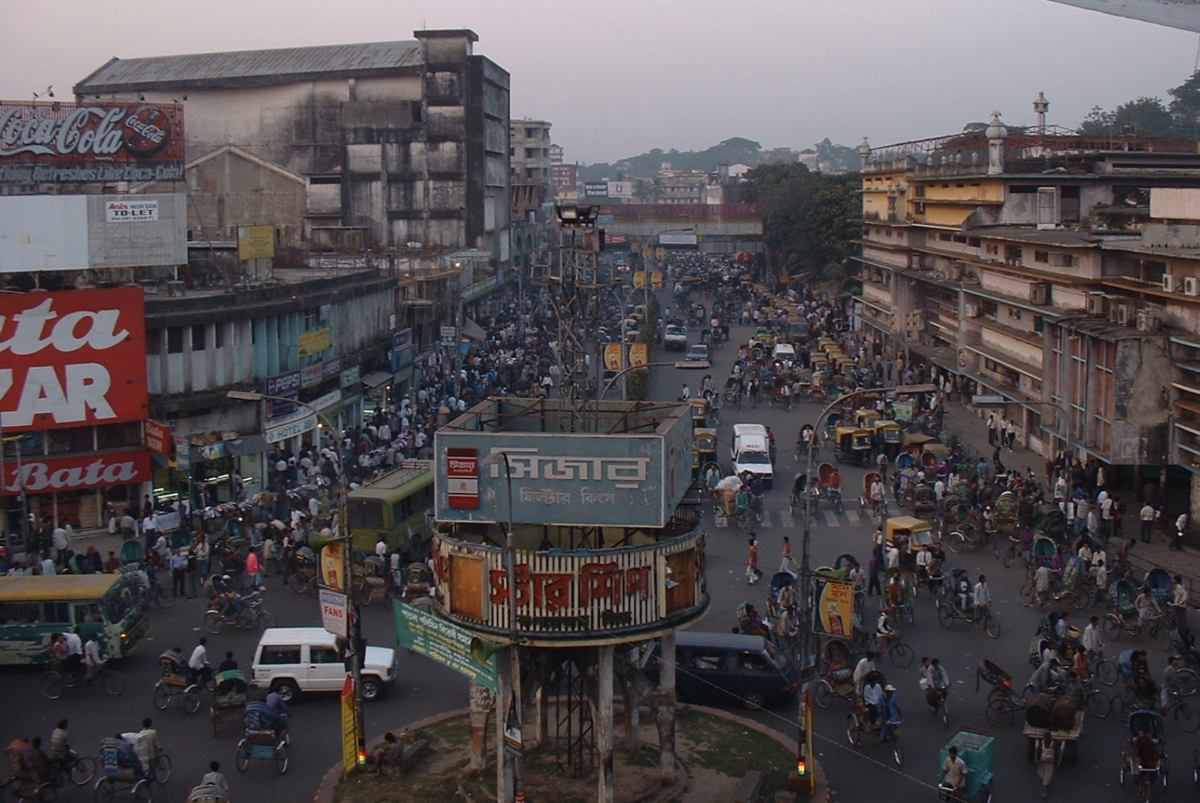The 49,094-square-foot rooftop of the factory in Chittagong is covered with 1,299 solar panels. The 707.96 kWp array will generate 10% of the facility's total power demand, or 3.5 MWh of electricity per day.
Another 5.5 MWh/day plant will go online on the 80,000-square-foot rooftop area of another Pacific Jeans factory in September. The 1.06 MWp plant will meet 15% of the power demand of the factory.
The projects will help the company to source about 20% of its electricity from renewables. Its investments in clean energy generation are now set to reach $10 million.
“Our target is to get 50% of our electricity demand from renewable sources by 2030,” said Syed M Tanvir, the managing director of Pacific Jeans.
He said that buyers of the company's products have their own environmental sustainability goals and emission targets. The group aims to cut carbon dioxide emissions by 6,458 tons per year, said Tanvir.
The group first set up a 70 kWp rooftop solar plant at a facility owned by NHT Fashions back in 2017. It said the $76,923 project had generated 446 MWh of clean electricity by April of this year.
In recent years, many Bangladeshi factory owners have shown interest in generating power from rooftop solar. Many rooftop PV projects sized between 1 MW and 12 MW have already been installed. Many such facilities are now under construction, according to industry sources.
Bangladesh currently has about 100 MWp of rooftop solar capacity across 1,867 projects, according to government data.
This content is protected by copyright and may not be reused. If you want to cooperate with us and would like to reuse some of our content, please contact: editors@pv-magazine.com.



By submitting this form you agree to pv magazine using your data for the purposes of publishing your comment.
Your personal data will only be disclosed or otherwise transmitted to third parties for the purposes of spam filtering or if this is necessary for technical maintenance of the website. Any other transfer to third parties will not take place unless this is justified on the basis of applicable data protection regulations or if pv magazine is legally obliged to do so.
You may revoke this consent at any time with effect for the future, in which case your personal data will be deleted immediately. Otherwise, your data will be deleted if pv magazine has processed your request or the purpose of data storage is fulfilled.
Further information on data privacy can be found in our Data Protection Policy.